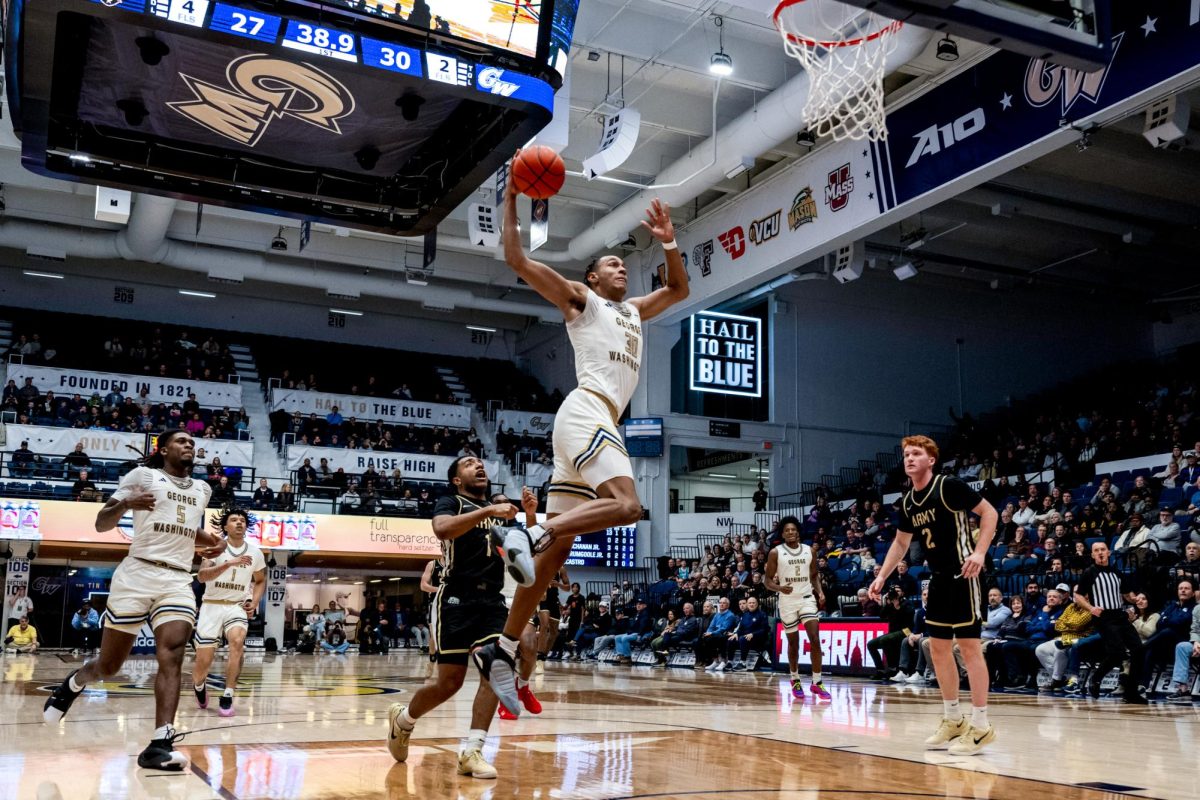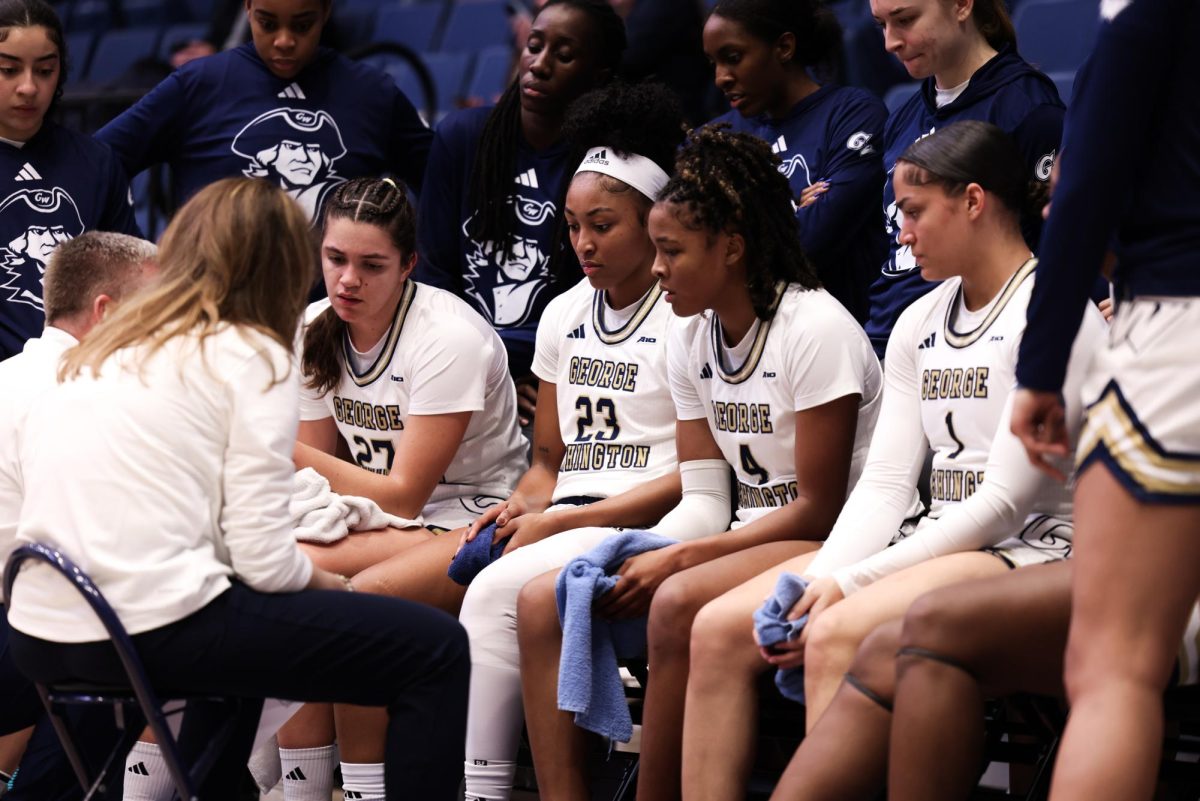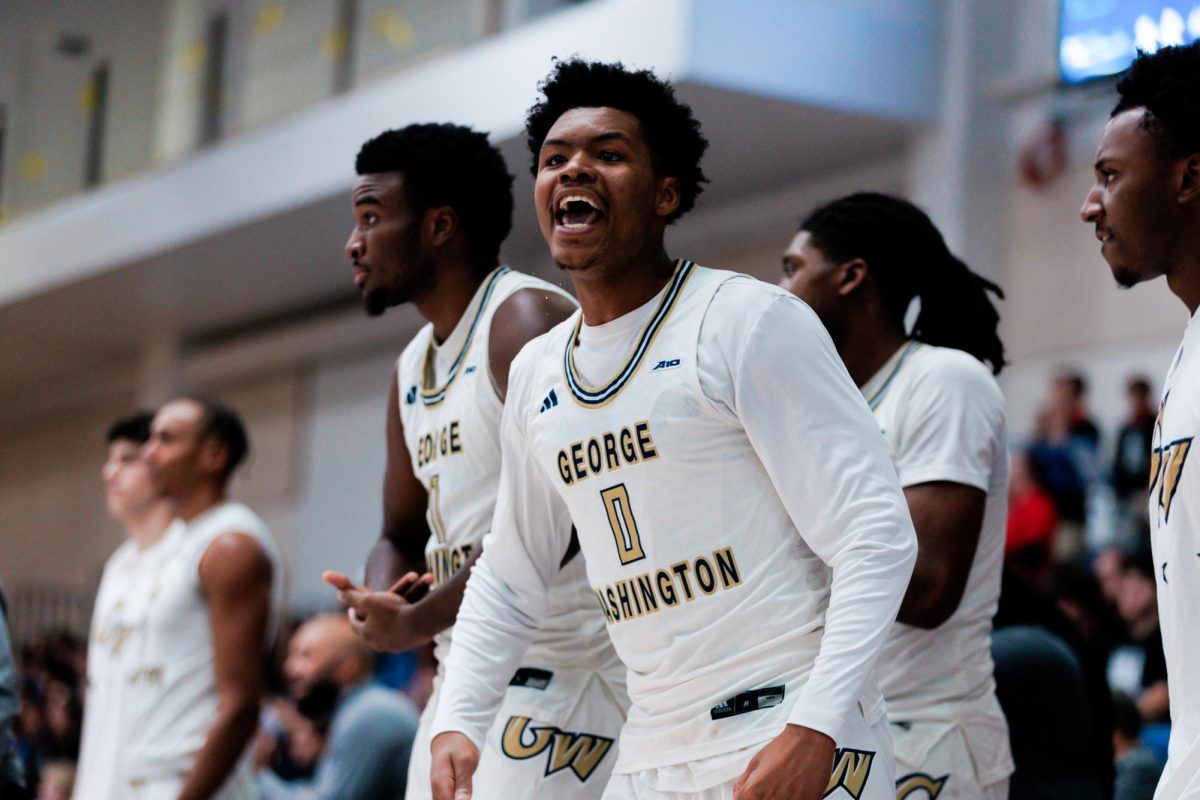If you’ve looked closely around the major league baseball diamond this season you’ve noticed some new looks, and I’m not just talking about Manny Ramirez’s new hair-do. Many teams are sporting “turn back the clock” uniforms, like the bright yellow Oakland A’s, the pinstriped N.Y. Mets and the Texas Rangers disguised as the Washington Senators.
The uniforms, it has been suggested by sports columnists around the country, serve as a plea to return to the good old times when the boys of summer played for the love of the game and nothing else. A plea for the pre-Curt-Flood reserve-clause era in which an immigrant’s son could hit his way from poverty to riches because he loved to play. A plea for an era that, in my mind, never existed.
Baseball, second perhaps to funeral eulogies, provides the most sugarcoated nostalgia of all time. Old timers with rose-tinted hindsight spin bedtime tales mythologizing all-day doubleheaders Times when a hot dog cost a nickel and players played with the passion of Little Leaguers, not for the benjamins.
So we grow up in this Field of Dreams fantasy world, remembering hitting streaks, home run records and low-priced Cracker Jacks, but not strikes, contract disputes and World Series fixes. And in times of trouble, and I think now classifies as such, we yearn for this non-existent baseball Camelot.
Joe DiMaggio, the “Yankee Clipper,” is probably the subject of more bedtime myths than anyone. Richard Ben Cramer writes in “Joe DiMaggio: The Hero’s Life,” that the newspapers of the day, biographer painted him as “the poor Italian boy who learned to hit with a broken oar for a bat.” The boy whose “papa wanted him to fish, but DiMaggio only loved baseball.” And DiMaggio played along. And Cramer says, “if they meant to turn him into the Dago poor boy who loved the Great American Game…well, why not.”
But no matter how Paul Simon sang it, Joe DiMaggio was no saint, he was just silent. Later generations of boys that idolized him only saw the aging DiMaggio on Mr. Coffee commercials. They were told of his hitting streak, of his all-star appearances, of his grace, magnetism and love of the game. But did they know that in 1938, Joe’s third year in the majors, he read about his team’s opening day loss from home where he was holding out for $40,000 (he was offered $25,000)? Probably not.
I illustrate DiMaggio not to trash his image or deflate a baseball legend, but to give the ultimate example of this biased hindsight. Make no mistake about it – Joe played for the money. He wasn’t the kid who had to play because he loved the game.
But I still like to remember him that way. And in 50 years my grandkids will remember Barry Bonds, not luxury taxes. I will have told them, grudgingly, of Roger Clemens’ two twenty-strikeout games, but not of revenue sharing disputes. They will know of Pedro’s fastball, Nomar’s batting ritual and the Morse code initials of Tom and Jean Yawkee on the manual score board at Fenway, not of contraction and drug tests.
Guess what? The Yankees have been buying World Series since 1918 (Babe Ruth, DiMaggio and Mickey Mantle weren’t cheap.) And there were bad teams with no money in the 1930s just as there are today. There have been eight strikes in major league baseball since 1972 and that’s not even the worst of it. Gambling against one’s own team, racism, alcohol and drug problems are not new news.
So today we have a union to organize labor disputes. Some of the hundreds of players in the major leagues – gasp in shock here – use performance-enhancing drugs. The Expos’ crowds couldn’t fill a Volkswagen. There was a slight “situation” with the All-Star game. Baseball is not perfect now, but it never was. So to answer your question, Mr. Simon, Joltin’ Joe hasn’t gone anywhere. A-Rod’s $252 million is just DiMaggio’s salary plus inflation. Baseball still has the same problems, just Y2K-ified.
In the original Austin Powers flick, Dr. Evil demands the World Organization pay him one meel-ion dollars (lift pinky to mouth here). If you remember correctly, the WO dissolves into laughter as Number Two shoots Dr. Evil a we’ve-already-disscussed-that-Virtucon-makes-over-90-billion-a-year look from across the room.
Dr. Evil quickly corrects his anachronistic mistake, an understandable one since he has, after all, been frozen for thirty freaking years, and asks for $100 billion.
Avoiding the obvious cryogenics joke, baseball is in the same situation. Donna Reed standards just don’t cut it in an era where happy-homemaker Martha Stuart is halfway to Sing Sing. Baseball does need help, but no more than it always has. And we are sorely mistaken to think the remedy is as simple as juxtaposing yesterday’s memories on today’s problems.






